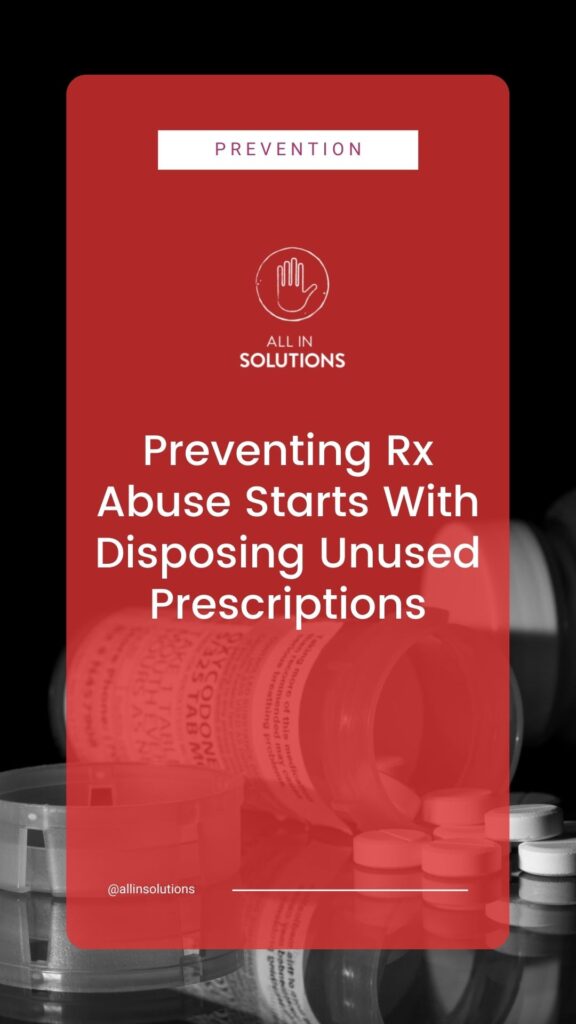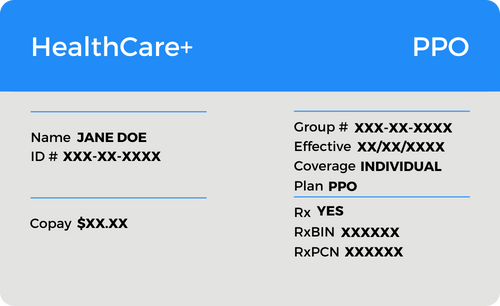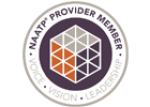The National Institute on Drug Abuse indicates that overdose death from prescription abuse in the US has skyrocketed. There are millions of people who are affected by this disease. If you or someone else, like a family member, is suffering from prescription drug abuse, seek addiction treatment.
Often, the first step in treating an addiction to prescription drugs is to overcome the physical dependence. As previously discussed, many prescription medications can cause the user to build up a tolerance and experience withdrawal when the drug is not administered. A medically supervised detoxification can help to reduce the discomfort associated with withdrawal and increase a person’s chances of staying sober long-term. Once an individual has cleared their body of drugs, they can begin the healing process of drug rehabilitation.






